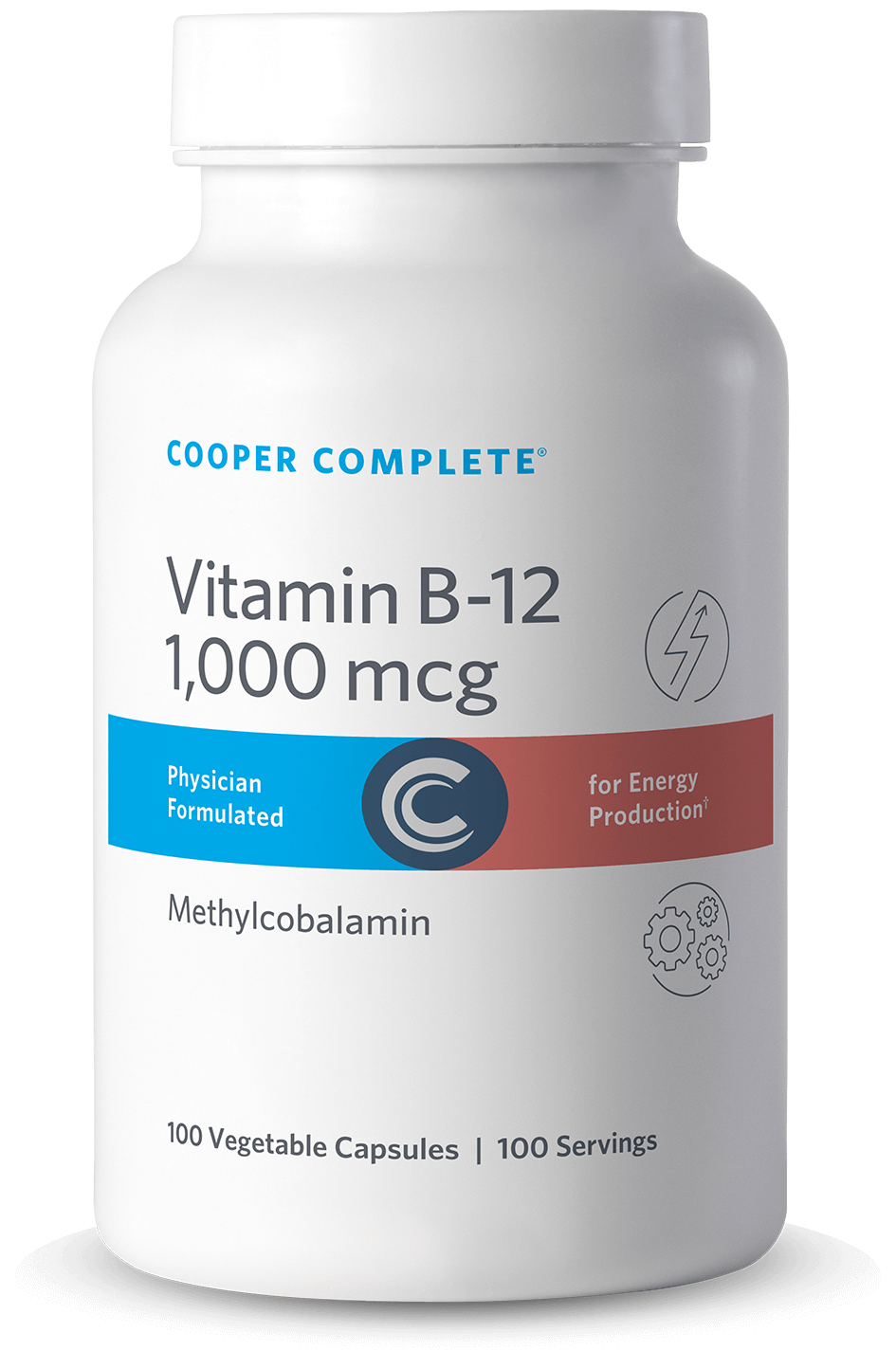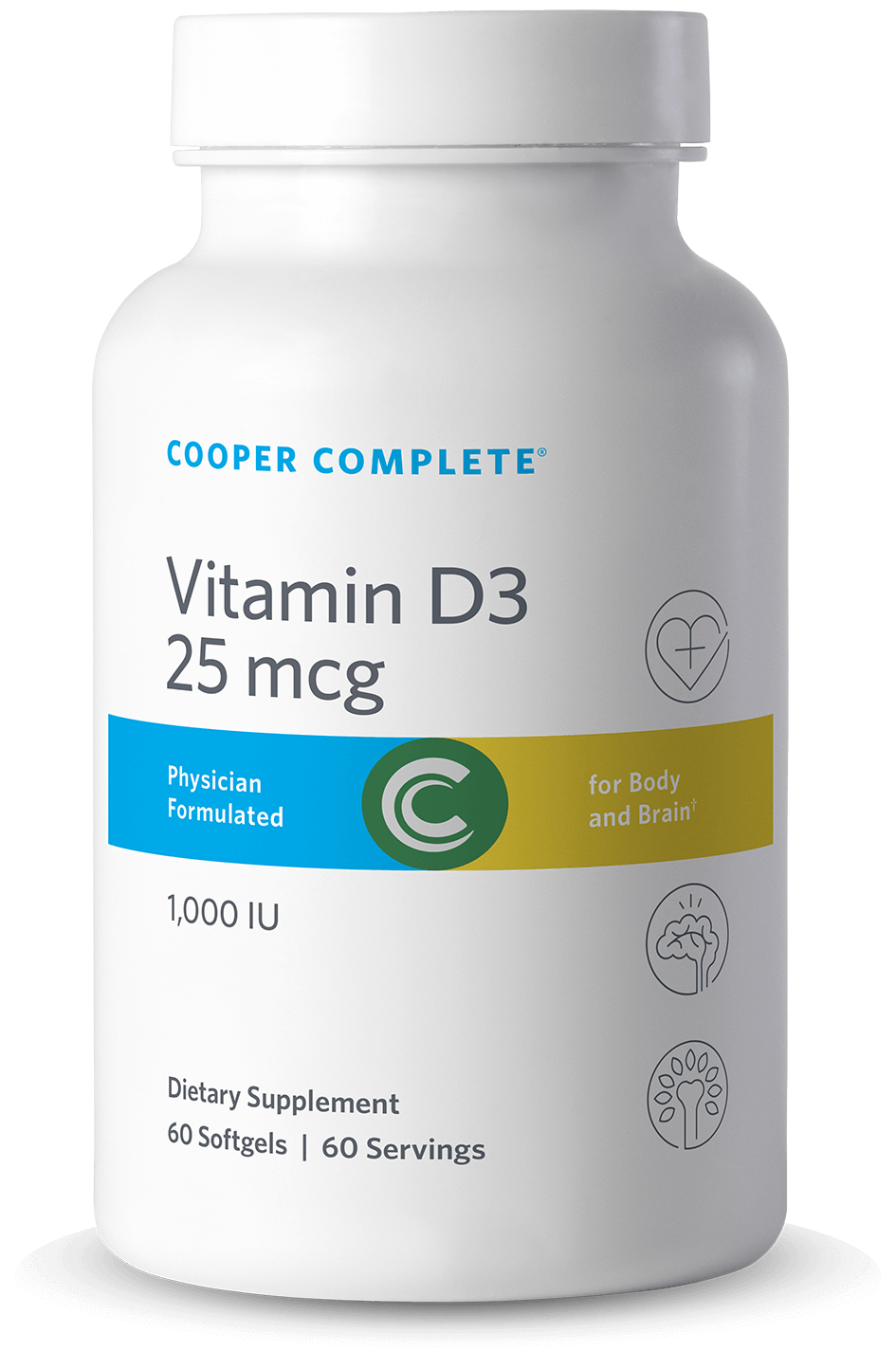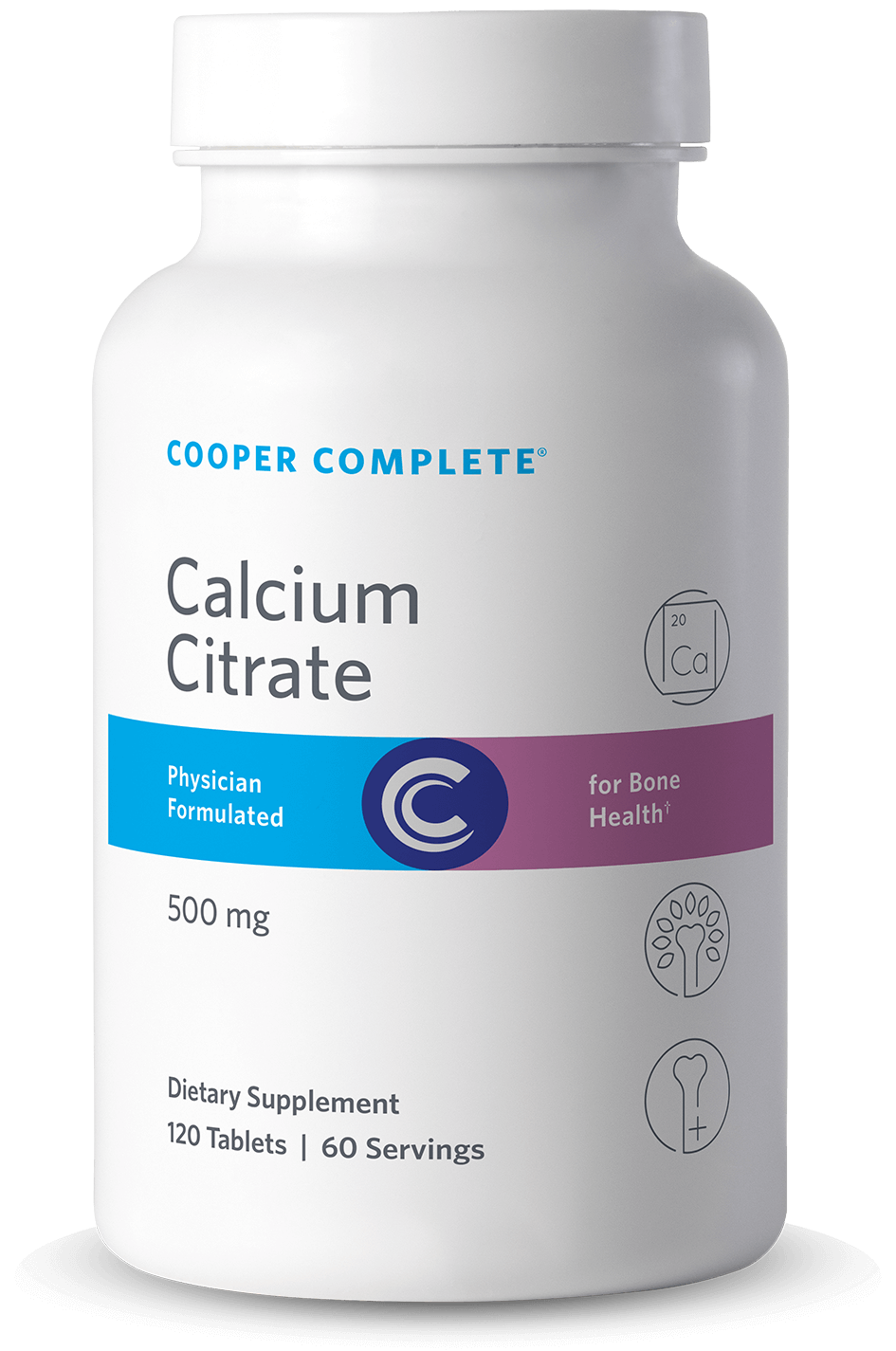Learn About Nutritional Deficiencies In Aging Adults

The sandwich generation is the term used for individuals who are caring for both their children and parents. Research results from a 2019 survey of clients of a financial management company showed that more than a third of parents with kids who are 8-14 years old are also caring for an aging relative. Of those, a reported 68 percent said that their aging parent or family member is living with them.
According to the Health and Retirement Study, approximately 17 percent of adults provide care for their aging parents. This number is likely to increase. In the next 10 years, the baby boomer generation will be reaching their 80s—an age when the need for care increases dramatically. With the number of children per family falling generationally, the burden of caregiving will likely fall more on boomers’ adult children than seen in previous generations.
While it may be easy to put your own needs on the back burner as you care for an aging parent, it is important to be aware of and prepared for certain vitamin and nutrient deficiencies not only your parents might face but you might face as well in the process of caring for them and your family.
Nutritional Deficiencies In Aging Adults
For a number of reasons, several micronutrient deficiencies are common in older adults. As noted in the federal government’s 2015-2020 Dietary Guidelines for Americans, “nutritional needs should be met primarily from foods if possible. Foods in nutrient-dense forms contain essential vitamins and minerals and also dietary fiber and other naturally-occurring substances that may have positive health effects. In some cases, fortified foods and dietary supplements may be useful in providing one or more nutrients that otherwise may be consumed in less-than-recommended amounts.”
Micronutrient deficiencies that are common in older adults include inadequate intake of vitamin B12, vitamin D, and calcium—all of which can be measured with a simple blood test.

Vitamin B12 Methylcobalamin Supplement 1000 mcg
Cooper Complete B12 Methylcobalamin Supplement contains the most active, absorbable form of vitamin B12 as it does not require conversion in the body. (Note: This product was previously offered in a liquid form.)
$19.98 Add to cartVitamin B12
The prevalence of B12 deficiency in adults ranges between 10-20 percent. Symptoms of B12 deficiency can be subtle and are often mistaken for inevitable changes of aging. Early symptoms may include:
- Persistent tingling or prickly feeling in the feet or hands
- Weakness
- Numbness
- Imbalance
- Confusion
- Depression
- Irritability
- Forgetfulness
Vitamin B12 is found in many animal products, including meats, dairy, and eggs, with the highest concentrations in clams and liver. Plants do not produce vitamin B12; however, bread, cereals, and other grains are often fortified with B12. Even with adequate intake of Vitamin B12-rich foods, some medications, such as proton pump inhibitors used to treat diseases like reflux, reduce the absorption of Vitamin B12 from the gut.
A serious vitamin B12 deficiency can be corrected in two ways:
- Weekly B12 shots
- Taking daily high-dose B12 pills
A mild B12 deficiency can be corrected by taking a standard multivitamin. For individuals over the age of 50, the Institute of Medicine recommends taking a B12 supplement since it is often difficult to absorb enough through food alone. Cooper Complete multivitamins contain 400 mcg of vitamin B12, with the standalone vitamin B12 methylcobalamin supplement containing 1000 mcg.

Vitamin D3 25 mcg (1000 IU) Supplement
Many individuals don't get enough vitamin D from sunlight or through diet. Vitamin D3 form of Vitamin D Supplement for better absorption.
$12.98 Add to cartVitamin D
Vitamin D deficiency is found in many older adults due to lack of sun exposure, reduced production of pre-vitamin D in the skin and low dietary intake. Vitamin D deficiency has been linked with muscle weakness, depression, and increased risk of falls and fractures.
Foods that provide vitamin D include beef liver, salmon, sardines, and tuna. Since so few foods found in nature are sufficient sources of vitamin D, fortified foods such as milk, yogurt, and cereal provide most of the vitamin D found in the American diet.
Increased consumption of dietary sources of vitamin D should be encouraged in all older adults. In 2010, the Institute of Medicine released a report on dietary intake requirements for calcium and vitamin D for normal healthy persons. The Recommended Dietary Allowance (RDA) of vitamin D for adults through age 70 is 600 IU (15 mcg), with the RDA increasing to 800 IU (20 mcg) after age 71.
Cooper Complete multivitamins contain 2,000 IU (50 mcg), and single-ingredient vitamin D softgels are available in 1,000 IU (25 mcg) and 5,000 IU (125 mg) for adults who may need higher levels of vitamin D supplementation to achieve a level of ≥30 ng/mL or higher.

Calcium Citrate Supplement 500 mg
Calcium Citrate Supplement supplies 500 mg of elemental calcium from calcium citrate in each serving of two tablets. The citrate form of calcium provides superior absorption.
$21.48 Add to cartCalcium
The efficiency of calcium absorption from the gastrointestinal tract decreases significantly as we age. Individuals between 70-90 years old absorb approximately one-third less calcium than younger adults.
The RDA for calcium:
- 51-70 years old – 1,000 mg per day for men; 1,200 mg per day for women
- 71 and older – 1,200 mg per day
Most of the calcium in the American diet comes from dairy products. For example, an 8-ounce serving of plain yogurt provides about 400 mg of calcium; an 8-ounce glass of milk, 300 mg; and a slice of cheddar cheese, 200 mg.
Unfortunately, as we age, lactose intolerance becomes more prevalent. Lactase is an enzyme in the intestine that digests lactose, a natural sugar found in milk and other dairy products. Without enough lactase in the gut, ingestion of dairy products causes stomach cramps and diarrhea. Thus, seniors may be more likely to avoid dairy products due to lactose intolerance.
Certain sources of dairy products may be easier for people with lactose intolerance to digest. For example:
- Ripened cheese, which may contain up to 95 percent less lactose than whole milk
- Yogurt containing active cultures
- Lactose-reduced dairy products, including milk, cottage cheese, and processed cheese slices
Vegetables are another calcium source, although figuring out exactly how much calcium you’re getting is tricky. If a vegetable contains oxalic or phytic acid, the calcium may be poorly absorbed because of the acids. For example, a cup of frozen spinach contains almost as much calcium as a cup of milk, but only a tenth as much is absorbed because of oxalic acid.
Calcium supplements can also be added to your diet to achieve the recommended daily intake. Cooper Complete Calcium contains 250 mg of calcium citrate per tablet. For optimal absorption, do not take more than 500 mg of calcium at one time. Ideally, calcium citrate is best taken on an empty stomach. If taken with food, avoid taking it at the same time as calcium-containing foods.
Nourish the Body and Soul
It is important not to neglect to care properly for yourself, even as you might be raising children and aiding aging parents simultaneously. Caregivers in the sandwich generation have a full plate and often experience poor self-rated health due to the increased time demands of caregiving. Preparing healthy meals to share with an aging parent is not only an opportunity to help assist them in meeting their nutritional needs but yours as well. It’s nourishing for everyone at the table—both body and soul.
Nutritional Deficiencies in Aging Adults article provided by Nina B. Radford, MD, Director of Clinical Research and a cardiologist at Cooper Clinic.
